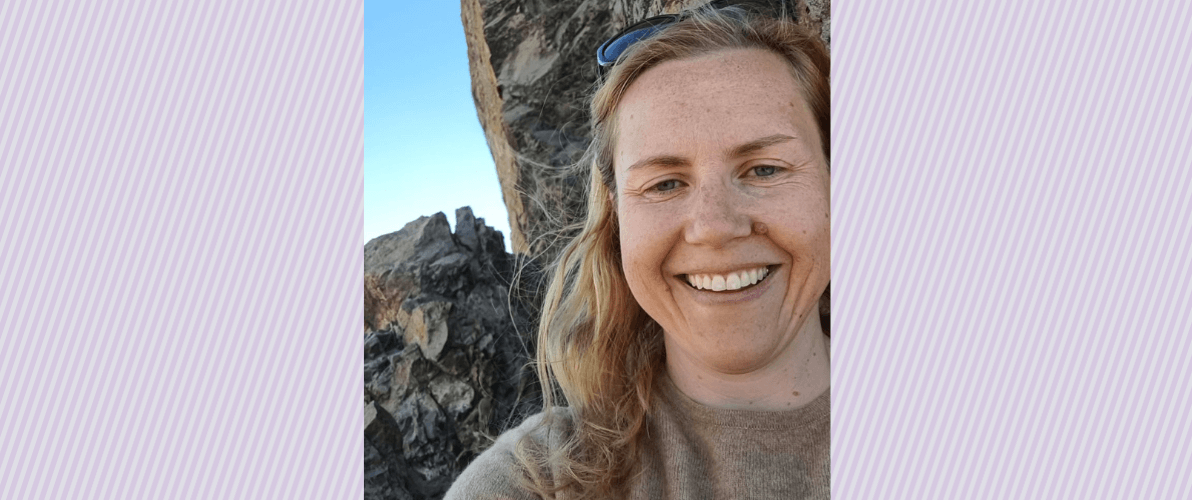Reducing barriers to care is a key priority for Interpreter Services at UW Medicine. And that’s just what Yvonne Simpson does every day — working to ensure that interpreter services are used consistently and effectively across our locations.
Simpson has been a Spanish interpreter at Harborview since 2014 and has led the department for more than three years. On July 1, 2023, she began a systemwide position as senior director of Language Access and Cultural Advocacy.
What led you to a career as a medical interpreter?
I discovered medical interpretation while teaching Spanish at Arizona State University. I volunteered once a month at a local community center that hosted public health events. I spent a lot of time interpreting for visitors to the mobile mammography van. I also interpreted during checkups for kids.
This experience piqued my interest in medical interpreting. Even though I didn’t have a medical background, I applied when I saw an opening at a Level I trauma center in Phoenix.
To my surprise, they offered me a per diem job with training. At the time, there was no official certification for spoken language interpreters, so it truly was a lot of on-the-job learning.
What have you found most rewarding about your work?
Not every healthcare conversation is life-changing, of course, but over the years, I’ve been part of so many powerful moments. It’s been fulfilling to walk alongside families as they’ve welcomed new babies, and I’ve also been honored to be present for very difficult end-of-life situations.
It’s been rewarding to be a part of these moments in healthcare, helping families and care teams communicate in a meaningful way.
What are language access and cultural advocacy?
“Language access” best describes our systemwide offerings. In addition to interpretation, we offer auxiliary aids or other kinds of tools to help people with vision or hearing difficulties have meaningful communications with their healthcare teams. And those are tools that you might not typically think about with the term “interpreter services.”
“Cultural advocacy” is how we bridge the gap between the American medical system and the various linguistic, immigrant and refugee communities we care for. We do this by creating trust, getting to know community leaders, engaging with health boards and social services, finding key partners and being a listening ear and source of support.
What’s top of mind for you in your new role as senior director of Language Access and Cultural Advocacy?
I’m focused on educating faculty, staff and trainees, and making sure our language access policies and practices are consistent across our system locations. Our providers move around our locations, and our patients may visit us for a variety of specialties across multiple sites. Creating a system without barriers to accessing interpreters and other language tools is important. And it should be a consistent and positive experience across the system.
In partnership with the Office of Healthcare Equity, we recently created an online guide dedicated to providing resources for accessing medical interpreters, tips for partnering with medical interpreters, reminders about laws and regulations and directions on what to do in emergencies.
What should people know about you and your life outside of work?
I spend a lot of time outside of work with the Spanish-speaking community. I just returned from a trip to Bolivia with an organization that creates community-led projects to eliminate poverty.
This trip was my ninth with this group, and I’ve enjoyed my time creating relationships there and watching the community expand. I’ve seen families grow and children graduate and have kids of their own.
Outside of my community work, I love gardening. I like to call myself an “accidental gardener.” It’s a title I gave myself after buying a house where the previous owner — who had been there for 40 years — had created a very extensive garden. I really felt like I had a duty to maintain it.



